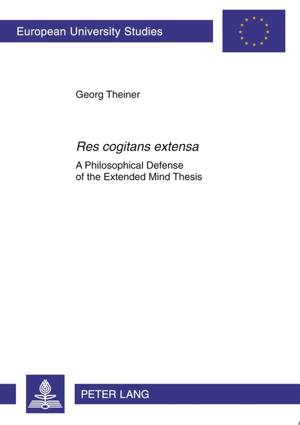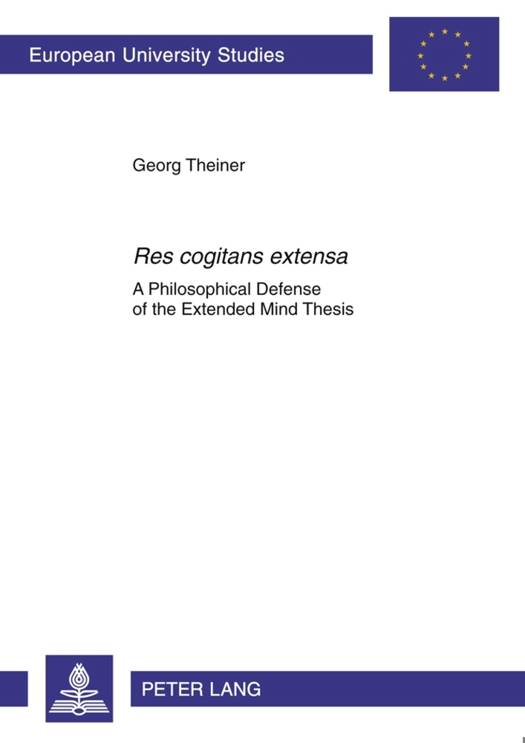
- Afhalen na 1 uur in een winkel met voorraad
- Gratis thuislevering in België vanaf € 30
- Ruim aanbod met 7 miljoen producten
- Afhalen na 1 uur in een winkel met voorraad
- Gratis thuislevering in België vanaf € 30
- Ruim aanbod met 7 miljoen producten
Zoeken
€ 75,45
+ 150 punten
Omschrijving
For Descartes, minds were essentially immaterial, non-extended things. Contemporary cognitive science prides itself on having exorcised the Cartesian ghost from the biological machine. However, it remains committed to the Cartesian vision of the mental as something purely inner. Against the idea that the mind resides solely in the brain, advocates of the situated and embodied nature of cognition have long stressed the importance of dynamic brain-body-environment couplings, the opportunistic exploitation of bodily morphology, the strategic performance of epistemically potent actions, the generation and use of external representations, and the cognitive scaffolding provided by artifacts and social-cultural practices. According to the extended mind thesis, a significant portion of human cognition literally extends beyond the brain into the body and its environment. This book aims to clarify the nature and the scope of this thesis, and to defend its central insight that cognition is not confined to the boundaries of the biological individual.
Specificaties
Betrokkenen
- Auteur(s):
- Uitgeverij:
Inhoud
- Aantal bladzijden:
- 267
- Taal:
- Engels
- Reeks:
- Reeksnummer:
- nr. 744
Eigenschappen
- Productcode (EAN):
- 9783631579374
- Verschijningsdatum:
- 1/06/2011
- Uitvoering:
- Paperback
- Formaat:
- Trade paperback (VS)
- Afmetingen:
- 148 mm x 210 mm
- Gewicht:
- 369 g

Alleen bij Standaard Boekhandel
+ 150 punten op je klantenkaart van Standaard Boekhandel
Beoordelingen
We publiceren alleen reviews die voldoen aan de voorwaarden voor reviews. Bekijk onze voorwaarden voor reviews.











